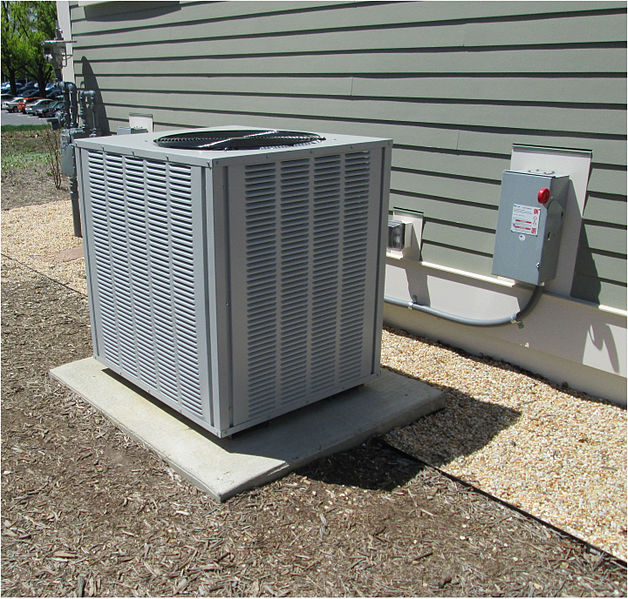Your home’s HVAC system is a big investment, so it’s only natural to want to get the longest average life expectancy from your system. Factors that affect the average lifespans of heating and cooling systems include regular AC tune-up maintenance, usage cycles and being alert for indications of trouble. TemperaturePro Carolinas presents three ways to extend the life of your HVAC system!
What is the average lifespan of an HVAC system?
With proper AC installation and HVAC maintenance, most modern AC systems have average lifespans of 15-20 years. As home technology continues to improve, many homeowners find it makes financial sense to replace and upgrade the unit at least every 20 years due to increased energy savings. However, if your system requires more service calls or repairs than a semiannual maintenance call, it may be time to consider whether it’s more economical continuing to repair or replace the system.
How do I know if I’m maintaining my heating and air conditioning systems properly?
Part of proper AC maintenance is having a certified HVAC technician examine the system, because many parts of modern HVAC systems are not serviceable by the customer. During the maintenance call, they will perform tasks like drain cleaning and swapping filters. They also check for damage like wear and tear caused by constant running and excessive air conditioner condensation which can lead to corrosion and malfunction of vital components. Some warning signs HVAC repair is needed may not be visible to the untrained eye. They can degrade performance, compromise indoor air quality, drive up heating and cooling bills and reduce the lifespan of HVAC units. Having an experienced technician maintain your system can make the difference between an easy fix now and an after-hours emergency HVAC repair call later!
When should you replace your HVAC system?
Eventually, even the most robust system will wear out. You should replace your HVAC system when its operational and maintenance cost exceeds half of what you initially paid. With upgrades in efficiency such as ductless minisplits and heat exchangers, your new unit can pay for itself after a couple of years just in reduced maintenance and energy costs. System replacement can also boost indoor air quality due to changes in filtration technology, helping to keep allergens and irritants in the air trapped safely away from your family. Be sure to contact a HVAC Repair company for advice and guidance.
How much does HVAC system replacement cost?
Factors which may impact your HVAC replacement cost include:
- Type and age of your home and existing system
- Does your existing HVAC setup need retrofitting to accommodate the new unit?
- Brand, type and style of the replacement unit
- Location and placement of the system, because some areas may be harder to access and require more work to install properly
With proper maintenance, your new home heating and cooling system should give you 15-20 years of hassle-free service, lower energy bills and a friendlier, more welcoming space for the people you care about. To learn more about how to enhance your HVAC life span, contact TemperaturePro Carolinas.

